On June 23, Dr. Pham Thanh Viet, Deputy Director of Cho Ray Hospital in Ho Chi Minh City, said that after 17 years of use, the isotope and radiopharmaceutical production reactor (cyclotron) at Cho Ray Hospital has stopped operating due to continuous problems. This is the only radioactive isotope production reactor in the southern region serving PET/CT imaging techniques.
Immediately after the Cho Ray Hospital's cyclotron stopped operating, all PET/CT scanners at the southern region's end-of-line hospitals were "shelved" due to lack of radioactive drugs.
According to Dr. Viet, Cho Ray Hospital's cyclotron can produce short-lived radioactive isotopes such as F-18, Tc-99m... These are very important substances in medical imaging techniques (PET/CT, SPECT/CT) to evaluate organ function, detect cancer metastases, cardiovascular and neurological diseases.
Cho Ray Hospital is investing in a new generation of radioactive production systems with a scale and capacity many times larger than the old system. The installation process of the new reactor system is expected to take about 6 months.
Before being shut down, Cho Ray Hospital's cyclotron provided radioactive drugs to 3 end-line hospitals in Ho Chi Minh City, including: Cho Ray Hospital, Military Hospital 175 , and Ho Chi Minh City Oncology Hospital. On average, about 50 patients had PET/CT scans every day, of which Cho Ray Hospital had 15 patients and Ho Chi Minh City Oncology Hospital had 20 patients...
With the cyclotron of Cho Ray Hospital out of operation, the PET/CT machines at these three hospitals were also forced to be "shelved."
According to Dr. Viet, PET/CT is a means of diagnosing, monitoring, and treating many diseases, especially early detection of cancer using the radioactive drug 18F-FDG. While other imaging diagnostic methods are usually only applied to one area of the body, PET/CT can examine the whole body, helping to diagnose diseases at the cellular and molecular levels and has high sensitivity, specificity, and accuracy, capable of detecting lesions and diseases at very early stages.
However, Dr. Viet believes that besides PET/CT scans, other simpler, lower-cost methods such as CT, MRI, etc. are also effective in diagnosing, assessing metastasis, and treating cancer. The shortage of radioactive drugs in diagnosing and treating cancer has occurred many times in Ho Chi Minh City.
Previously, in 2019, Cho Ray Hospital's cyclotron broke down and had to be sent to the United States for repair, forcing many patients in Ho Chi Minh City to go to Hanoi and Da Nang for PET/CT scans.
In 2022 and mid-2024, a shortage of radioactive drugs also occurred, causing PET/CT scanners at Military Hospital 175 and Ho Chi Minh City Oncology Hospital to stop operating./.
Source: https://www.vietnamplus.vn/vi-sao-lo-san-xuat-dong-vi-va-duoc-phong-xa-tai-benh-vien-cho-ray-ngung-hoat-dong-post1045881.vnp


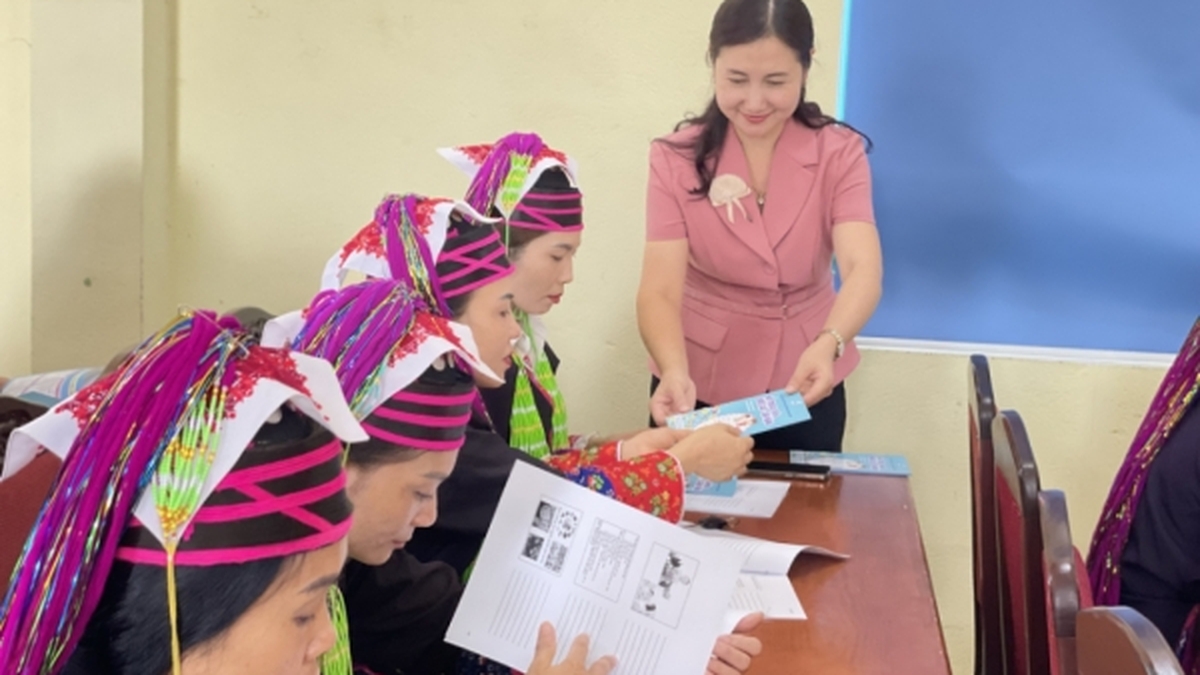




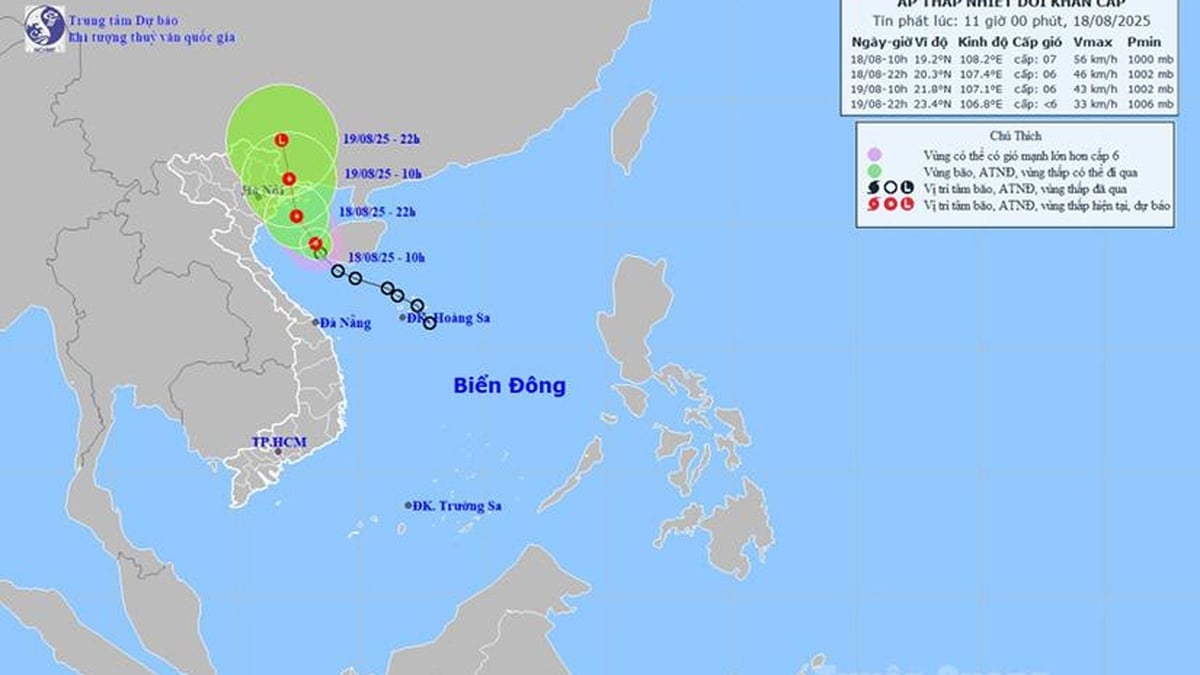



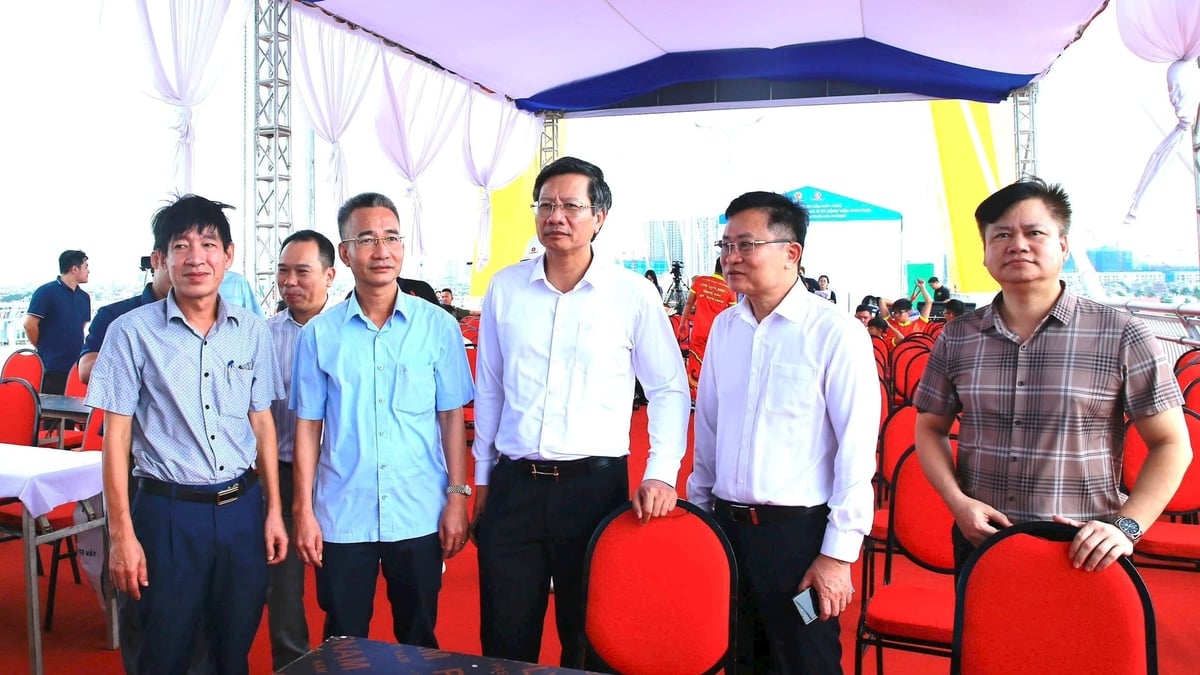














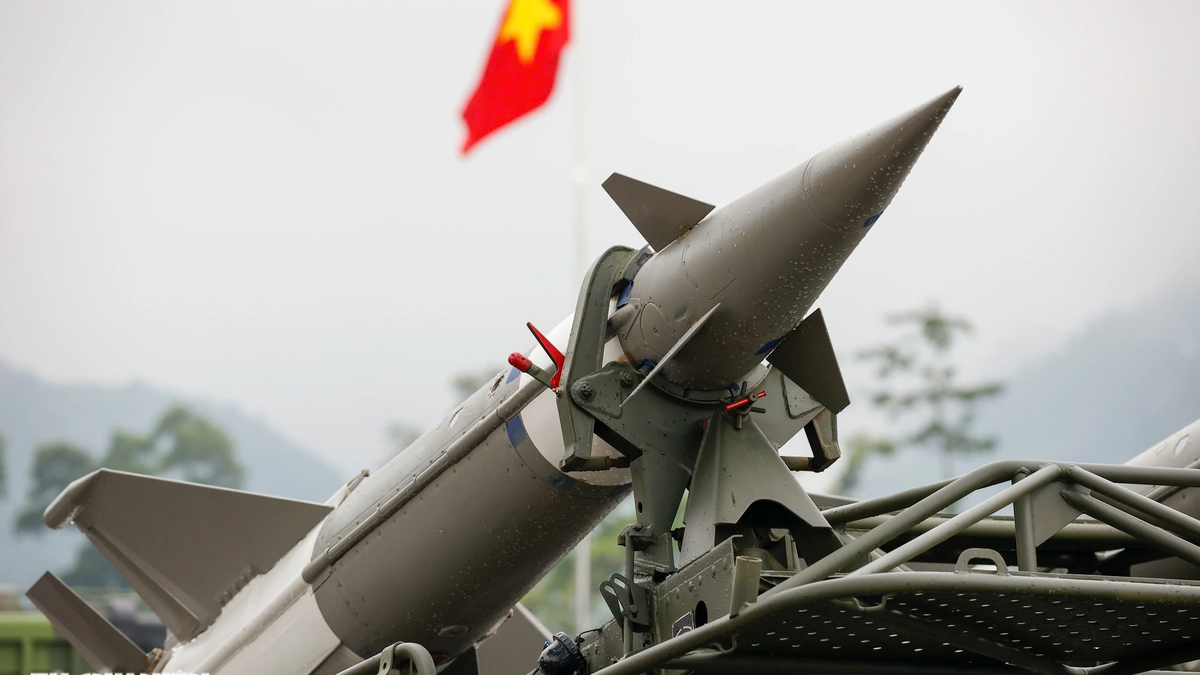











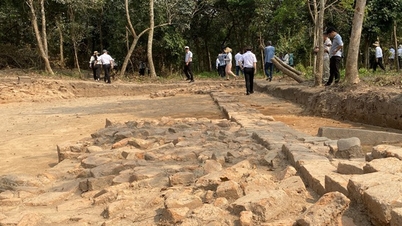





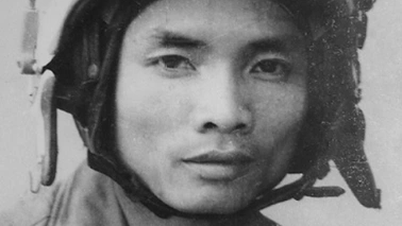

























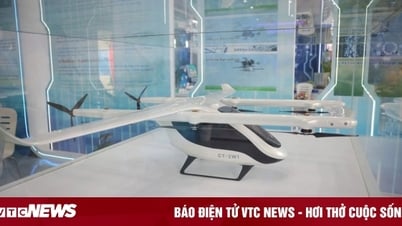




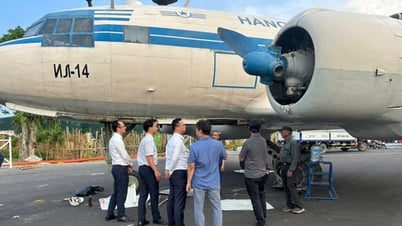






















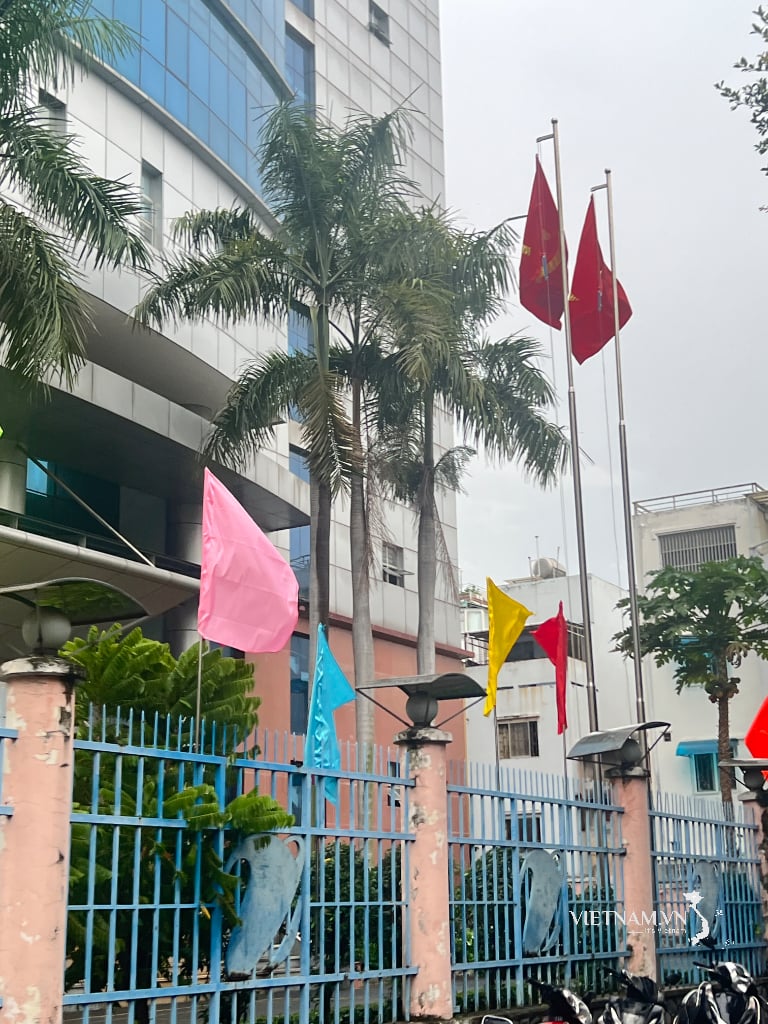

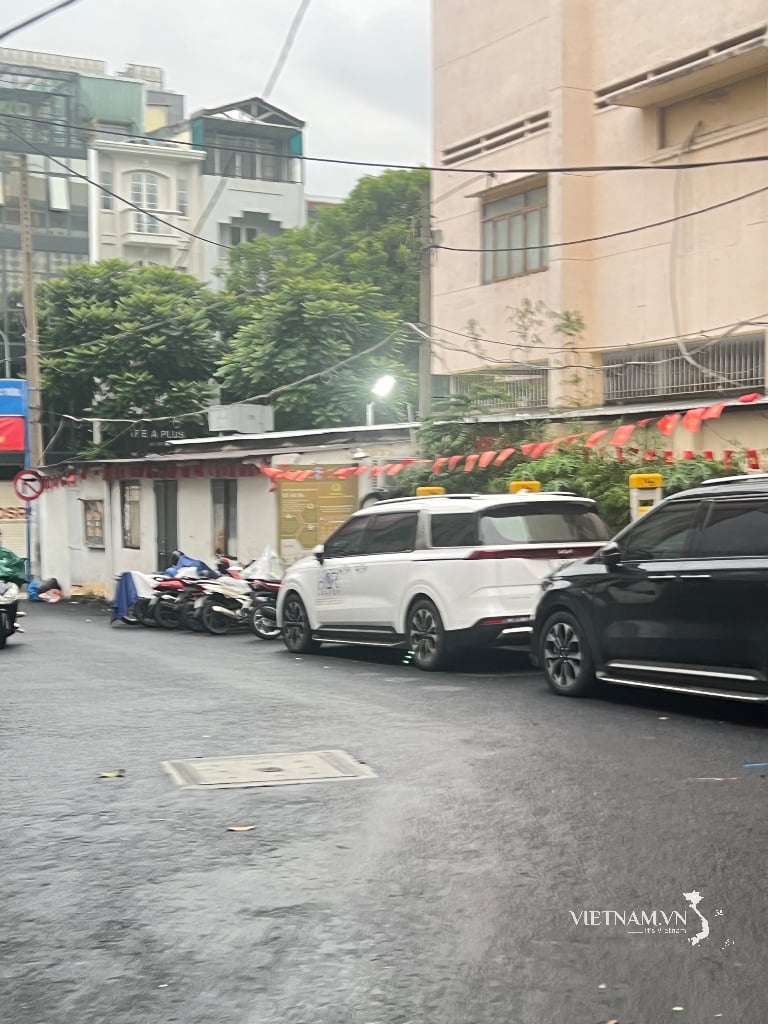
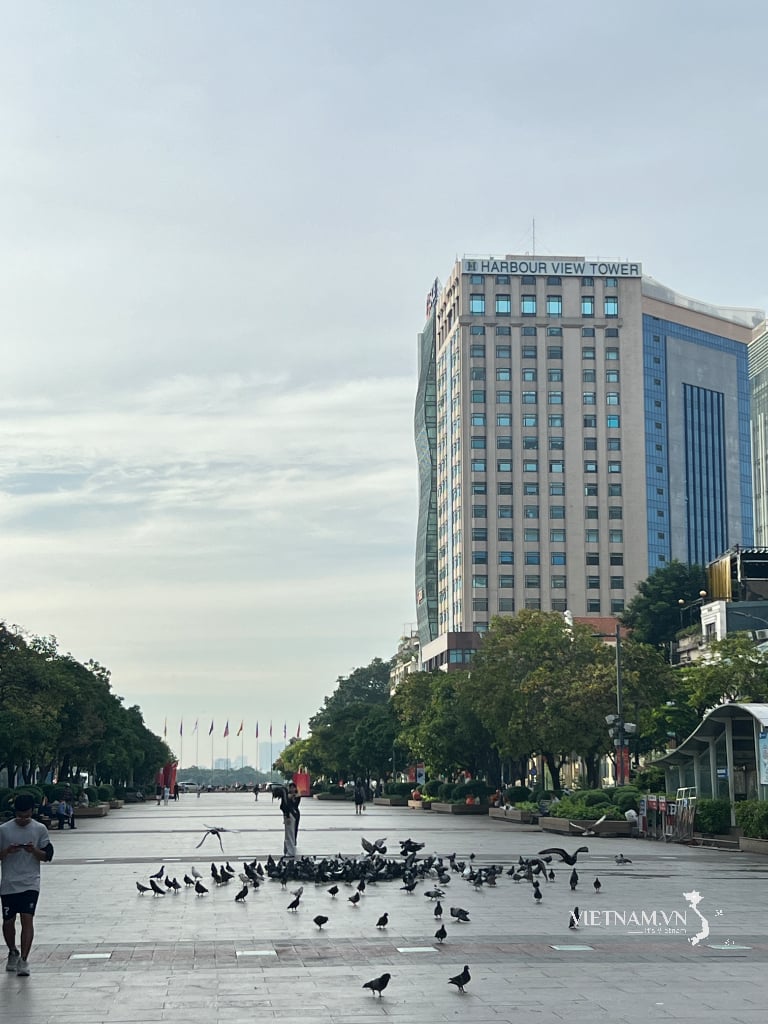
Comment (0)